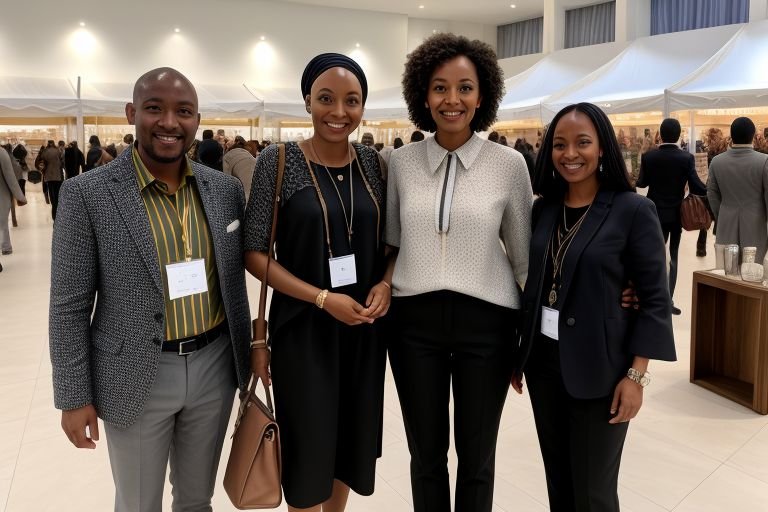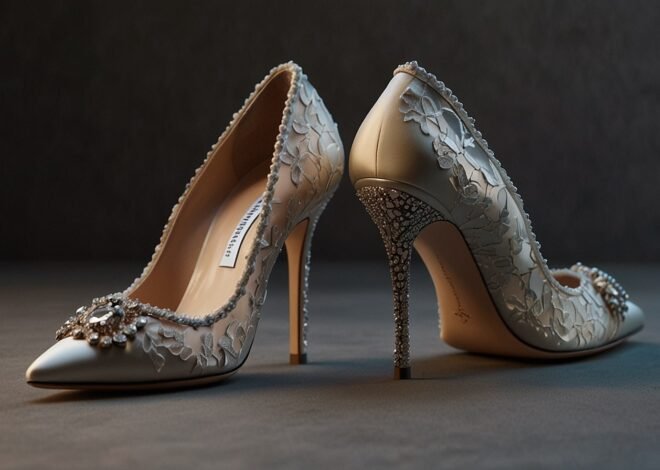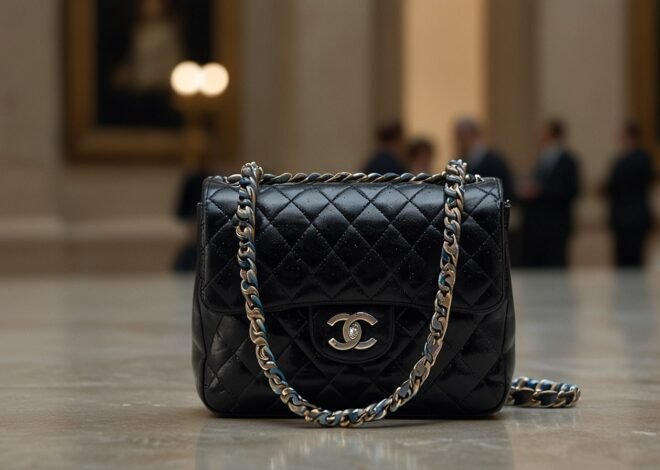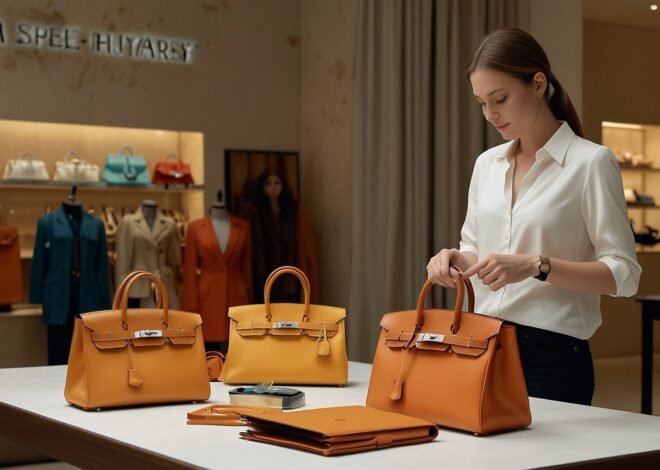
South African Luxury Market Shows Resilience
The current and potential future market conditions for luxury goods remain favorable in South Africa despite a current incumbent economic and social crisis. Current research and industry studies demonstrate that country-specific emerging consumer desires, branding directions, and other factors define the future of luxury retailing in the country more profoundly.
Specifically, current value growth of 14% is expected in 2023, taking luxury goods retail sales in South Africa to an estimated ZAR 55.0bn. This growth has especially taken place in a year that has been characterised by various negative drivers such as the cost of living crisis, conflicts, and tensions around the world, supply chain issues and high inflation rates. The sector’s ability to maintain growth in such conditions underscores the strength of South Africa’s affluent consumer base and the enduring appeal of luxury brands.
The organization’s ability to maintain its performance regardless of the risks involved in its operations is something that industry experts linked to several factors. Firstly, due to social and economic development, South Africa has quite a large population of ‘adults’ with a reasonably high income, which will guarantee a stable volume of sales for luxury goods. This demographic has consistently demonstrated an ability to continue to purchase luxury goods, and this view is not only an indicator of status but of investment.
Secondly, the luxury brands have modified their strategies of marketing and operation with regard to South African market needs and demands. There are many companies that have shifted their strategic goal of manufacturing products to developing products that are perceived to have added value but are easily affordable and enjoy the same level of prestige as other luxury materials. Moreover, this approach has kept consumers intrigued even with the rising economic challenges that may come in the future.
The competition in the luxury market segment in South Africa is intense; African operators offering services to the luxury travel market segment are faced with stiff competition from international players. Purchasing from other countries takes a variety of attributes, but the most common perception of the attribute deliberate by customers is that foreign products are of higher quality compared to similar products made in the country of origin due to the superior brand image associated with many international luxury brands. These consumers are inclined to purchase foreign brands, this poses both a strength and weakness to the market since it introduce competiton and a shift in the market Blodgett, (2008, p.107).
The digital dimension can be seen as having a growing importance for luxury retail formats in South Africa. The shift to the online platform of operations pressured the retailing industry to seek a new model that will entail both the virtual selling platform and fleshandblood stores. Fashion brands work on their online visibility because it is critical for the consumer to be able to purchase luxury products online.
Nevertheless, in the generally upbeat scenario, luxury businesses in South Africa face challenges. These factors, due to the ongoing energy crisis that has remained a thorn in the country, mainly frequent power outages, have forced retailers to come up with odd measures to ensure that they conduct their business as usual and protect their perishable goods. Moreover, since economic growth and social stability have stagnated, there are many uncertainties for both business companies and consumers.
But as a matter of fact, innovative industry leaders are trying to convert these challenges into strengths. A vast number of luxurious retailers are implementing sustainable energy solutions to power their operations not only due to the relevance of energy reliability but also to address consumers’ awareness of the environment. Certain branding strategies are also directed towards localization, employing more South African designers & artisans to introduce products that are more desirable to the local market but are made to global standards.
They added that South African customers remain glamour seekers, which justifies the increase in value sales of luxury goods. Consumer preferences and thus opportunities for retailers and manufacturers have shifted with this growth in the size and influence of the middle-class. Nonetheless, this is worrisome for unsustainable consumer borrowings, where some consumers leveraged to the maximum to buy such products.
Uncertainty is observed to be receding and industry anticipations allow for the prediction of a positive outlook concerning the luxury goods in South Africa. Retail sales are expected to rise at 4% on the average at constant 2023 prices during the forecast period and could equal to ZAR67 billion. It is expected that this growth will be due to the pent-up demand from the Covid years as people look for luxury items to indulge in and build tangible assets.
The relative stability of the luxury market of South Africa is in line with trends in the international luxury industry, where personal luxury goods even demonstrated relatively good results in conditions of economic instability. Thus, established brands are likely to find that they are sitting on veritable gold mines in the next few years, provided they can find ways to maneuver their way through the South African market and the various challenges that this market presents and, at the same time, tap into the potential that is there waiting to be harnessed.
It is, therefore, forecasted that as the market changes, luxury brands in South Africa will have to shift from personalization, sustainability, and more digital experience. Thus, the opportunity to create value for the customer as an individual by providing exclusive見 opportunities to interact online and offline will play a key role in setting up the buyers and keeping them engaged in an increasingly crowded field.
Luxury performs as a leading indicator of both the confidence of the South African consumer and the general state of the luxury retail market within the emerging markets. As such this market will receive the attention of analyst, investors and luxury manufactures who wish to expand into this market.


